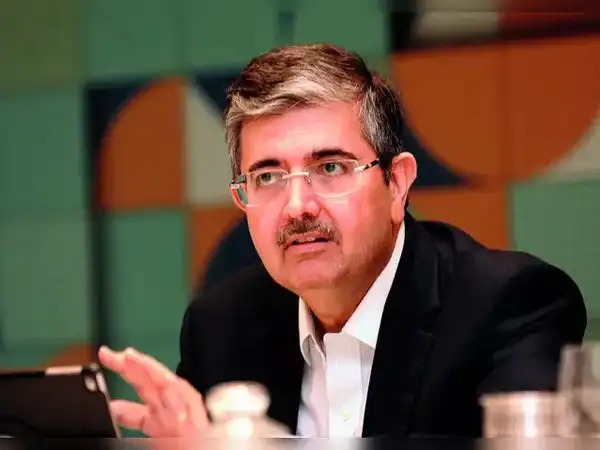
Follow WOWNEWS 24x7 on:

In a striking call to action, Kotak Mahindra Bank Managing Director Uday Kotak has urged Indian businesses and citizens to embrace atma nirbharta—self-reliance—as the country undergoes sweeping economic reforms. Quoting the mantra “only the paranoid survive,” Kotak welcomed the recent changes in the Goods and Services Tax (GST) regime and capital market regulations, framing them as a pivotal opportunity for India to strengthen its domestic capabilities and global negotiating power.
His remarks, posted on September 14, 2025, come in the wake of two major reform packages cleared by the GST Council and the Securities and Exchange Board of India (SEBI), both aimed at simplifying compliance, boosting consumption, and attracting foreign investment.
Key Highlights From The Reform Wave
- GST Council introduces a dual-rate structure of 5 percent and 18 percent, replacing the earlier four-slab system
- Taxes on essential goods like milk, bread, shampoo, and bicycles reduced; luxury and sin goods taxed at 40 percent
- Life and health insurance premiums made GST-exempt
- SEBI eases IPO norms, shareholding timelines, and anchor investor rules
- Low-risk foreign investors granted simplified entry into Indian markets
- Stock exchanges mandated to appoint at least two executive directors for better oversight
- Reforms follow US imposition of 50 percent tariffs on Indian exports, prompting domestic policy recalibration
GST 2.0: Simplification With Strategic Intent
The GST Council, chaired by Finance Minister Nirmala Sitharaman, approved a long-awaited overhaul of India’s indirect tax system during its 56th meeting. Effective from September 22, 2025, the new structure eliminates the 12 percent and 28 percent slabs, streamlining the system into two primary rates:
- 5 percent for essential and mass-consumption goods
- 18 percent for most other goods and services
- 40 percent for select luxury and sin products
This rationalisation is expected to reduce compliance complexity, lower retail prices, and stimulate demand ahead of the festive season. Key beneficiaries include FMCG companies, insurers, and consumer goods manufacturers, particularly in Tier 2 and Tier 3 markets.
Capital Market Reforms: Opening The Gates
SEBI’s third board meeting under Chairman Tuhin Kanta Pandey resulted in a series of liberalisations designed to deepen India’s capital markets. These include:
- Relaxed norms for large IPOs, allowing faster and more flexible fundraising
- Revised timelines for meeting minimum public shareholding requirements
- Simplified entry for low-risk foreign portfolio investors
- Revamped share allocation norms for anchor investors
- Mandatory appointment of two executive directors at stock exchanges and market infrastructure institutions
These changes aim to enhance transparency, improve governance, and attract long-term capital, especially as India positions itself as a stable investment destination amid global volatility.
Kotak’s Call For Strategic Self-Reliance
Uday Kotak’s commentary reflects a broader sentiment among Indian business leaders that reform alone is not enough. He emphasized the need for every Indian to step out of their comfort zone and embrace transformation. His use of the phrase “only the paranoid survive” underscores the urgency of adapting to global disruptions, particularly in light of rising geopolitical tensions and trade barriers.
Kotak’s endorsement of atma nirbharta is not just philosophical—it is strategic. By building domestic capabilities in manufacturing, finance, and technology, India can reduce dependency on external markets and negotiate from a position of strength.
Forward Outlook
India’s twin reform packages signal a decisive shift toward simplification, inclusion, and competitiveness. As businesses recalibrate their strategies and consumers respond to price shifts, the emphasis on self-reliance will shape policy, investment, and innovation in the months ahead. Uday Kotak’s message serves as both a warning and a rallying cry: in a world of uncertainty, proactive transformation is the only path to resilience.
Sources: MSN News, Business Today, Kotak Securities, Tally Solutions



